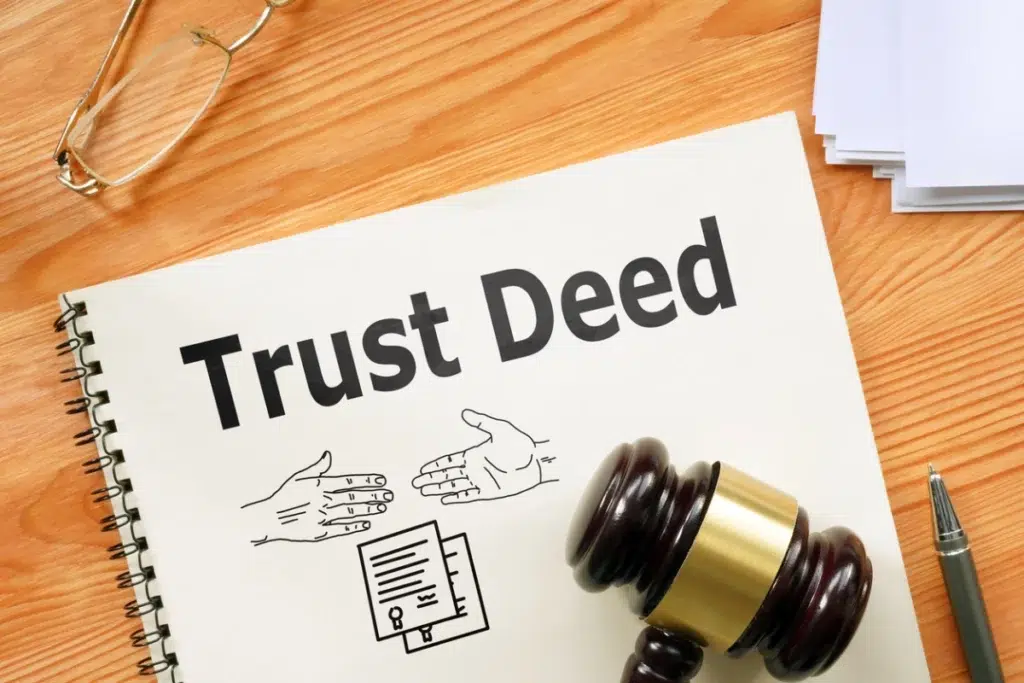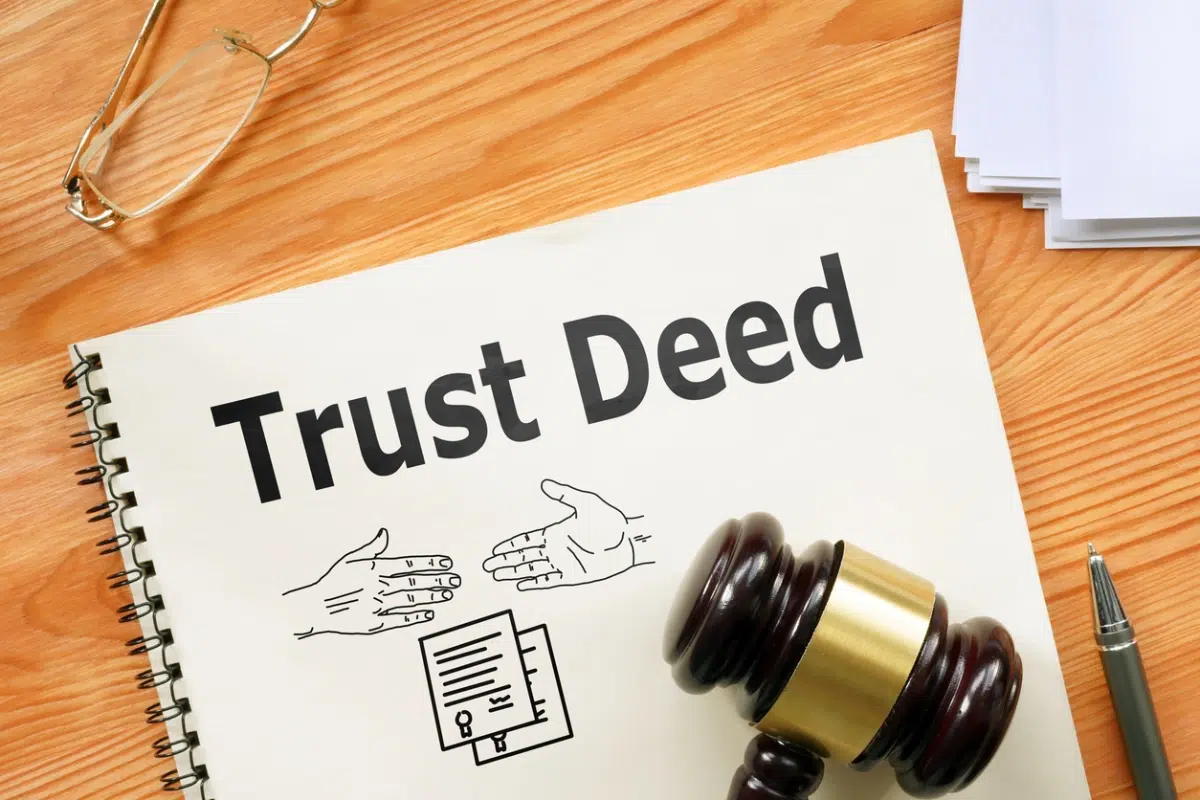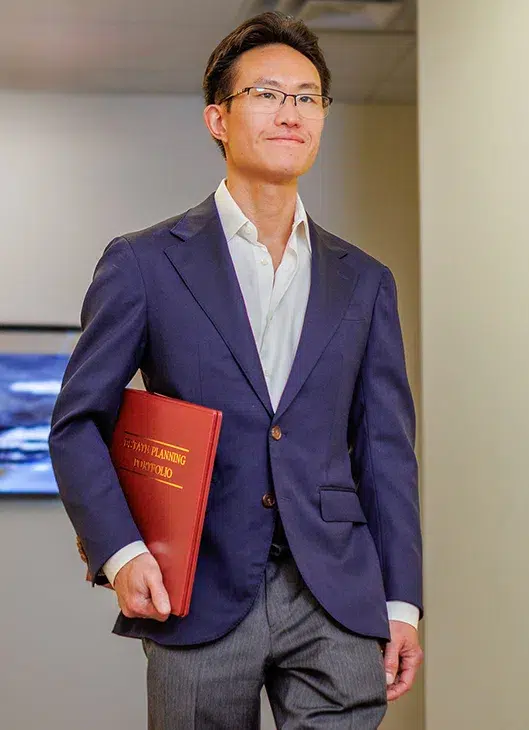
Creating an Arizona estate plan that will avoid probate and keep family matters private often starts with understanding two key tools: the beneficiary deed and the revocable trust. When used together, beneficiary deeds and trusts streamline the way you transfer property to a beneficiary, guard against delays, and give every beneficiary the clarity they deserve. In this in-depth guide, you will learn how a beneficiary deed works, why a revocable trust adds flexibility in Arizona, and how both strategies can be combined to protect your beneficiary(ies) and any real property you own. By mastering both tools, property owners can make informed decisions and keep the entire probate process as short and inexpensive as possible.
Looking for more detail on trust-based planning? Visit our resource on Arizona revocable trusts to see how a trust can complement your deed strategy.
What Is a Beneficiary Deed?
A beneficiary deed—sometimes called a transfer-on-death deed, or simply a TOD deed—is a legal document created under A.R.S. § 33-405. By recording the deed during the owner’s lifetime, a property owner can name designated beneficiaries who will receive the property outright at the death of the owner. Because the transfer happens instantly, the beneficiary deed avoids probate, reduces probate costs, and keeps the court out of your beneficiary’s affairs.
Pro tip: Each beneficiary deed must contain the property’s legal description, cite the correct legal description verbatim, follow the statutory requirements, and be recorded at the county recorder’s office.
How a Beneficiary Deed Works in Practice
- The owner retains full control to sell, lease, or refinance.
- The deed lists at least one designated beneficiary (you may also list multiple beneficiaries).
- When the owner dies, the beneficiary or personal representative records an affidavit of death with the county.
- Title vests automatically in the new beneficiary, establishing property ownership without any probate proceedings or complex probate proceedings. Since it vests by operation of law in the new beneficiary, this circumvents the typical probate process.
Because a beneficiary deed works so cleanly, many Arizonans opt to use them. Others use a trust when they have other assets of significant size, such as out-of-state assets, bank accounts, and retirement accounts.
Arizona Beneficiary Deeds and Transfer-on-Death Options
Arizona Beneficiary Deeds
Arizona statutes make it simple to draft and record a beneficiary deed. Follow the state laws, and always check the spelling for every beneficiary named so the county clerk can update records quickly. If the title is held in joint tenancy, consult with an attorney before making any decisions.
Transfer on Death Deed vs. TOD Deed
You may hear lawyers talk about transfer on death deeds or even a “Transfer on Death TOD”. They are synonyms: they refer to a new deed that passes title upon death by operation of law. Sometimes, a county will stamp the extra words Transfer on Death TOD on a deed.
What Is a Revocable Trust?
A revocable trust is a flexible written agreement that lets you move real estate assets, investments, life insurance policies, and other property into the trust while you are alive. You may remain as trustee, retain control over the property, and change or revoke the trust at any time you like. When you pass away, the successor trustee follows the trust’s instructions for asset distribution to each beneficiary. Because the trust owns the property, no court is needed to transfer ownership.
How Beneficiary Deeds and Trusts Fit Into Your Estate Plan
- Creating a beneficiary deed per parcel is necessary to ensure each piece of real estate ownership passes as you desire.
- Beneficiary deeds can be used in trust planning. You can create a beneficiary deed that transfers the home into the revocable trust at death. Or you can create a beneficiary deed that transfers the home to a child or children or spouse, or friend.
- The trust can provide ongoing management, creditor safeguards, and other legal protections.
Both tools are used in estate plans. Using both tools together lets you direct ultimate ownership with surgical precision by giving detailed instructions for cash, stocks, and other assets.
Benefits of Beneficiary Deeds and Trusts
| Strategy | Key Benefit | Why It Matters |
|---|---|---|
| Beneficiary deed | Immediate title change; beneficiary deeds offer speed | Helps heirs avoid probate |
| Revocable trust | Centralized estate plan | Simplifies management for a sole owner or multiple ownership |
| Revocable trust | Custom beneficiary designations & staggered gifts | Protects minor children, family members, and vulnerable heirs |
| Both together | Layered legal protections | Balances efficiency with control |
Potential Drawbacks and Tax Implications
While a beneficiary deed is inexpensive, it does not address minority issues, multiple owners, community property nuances, or creditor issues. Large gains on inherited property could mean a surprise capital gains tax bill if the beneficiary later sells. A revocable trust can cushion these issues and attempt to minimize taxes. Proper coordination between deeds and trusts ensures that assets stay protected even after the owner’s death, giving property owners peace of mind. Always ask an estate planning attorney to review your goals.
Creating a Beneficiary Deed in Arizona
- Hire an experienced attorney and skip the rest; or
- Pull the existing deed and copy the exact legal description.
- Draft the TOD language that names your designated beneficiaries.
- Sign before a notary and file at the county recorder or local office.
- Keep a scanned copy with the rest of your estate planning records.
This step-by-step approach ensures you transfer real estate smoothly and within Arizona’s strict legal requirements.
Establishing a Revocable Trust
- Draft the trust and designate beneficiaries.
- Retitle property and real estate into the trust.
- Update beneficiary designation forms on bank accounts, annuities, and investments.
- Review every three years or after major life changes.
By using both deeds and trusts, you build redundancy that helps avoid probate and guarantees that every beneficiary receives the right property under the terms you set.
Practical Tips & Best Practices
- Use the statutory language so the county recorder’s office accepts the form the first time.
- Check spellings; one typo can cost tens of thousands of dollars worth of legal fees to fix.
- If you own rentals as joint tenants, confirm that the deed activates only after the last surviving owner passes.
- Remember to list a mailing address for each beneficiary of a trust.
- Revisit deeds and trust documents after refinancing, marriage, divorce, or the birth of new beneficiaries.
Case Study: How an Arizona Couple Streamlined Their Estate
Luis and Carla owned a single piece of property and not much else. They had a single adult child whom they wanted to leave everything to and desired to avoid the probate process. To keep things simple, they executed a will and a beneficiary deed of their residence. Upon the second death, their child was able to record the affidavit of heirship and used the small estate affidavit to transfer the remaining checking account, fully avoiding probate.
Conclusion
By pairing beneficiary deeds with trusts, Arizona residents achieve a tailored balance of speed, privacy, and control. Whether you need one beneficiary deed or thirty, whether you have one beneficiary or several, taking time now to record deeds and fine-tune your revocable trust will help every named beneficiary receive the right property without court delays.
Need help with your Arizona estate planning? Schedule a consultation today.
Frequently Asked Questions
What is the difference between a beneficiary deed and a trust?
A beneficiary deed targets one parcel of real property and is rigid in execution; a revocable trust manages a whole portfolio and continues after death. In addition, a trust provides for contingencies such as a beneficiary predeceasing the testator.
Is a beneficiary deed a good idea?
Yes— but only if you want to transfer property cheaply and don’t care about contingencies. For more complicated estates, a trust or will is recommended.
Is it expensive to have a beneficiary deed?
No. Recording fees are modest, and you only pay an attorney once to draft the new deed.




